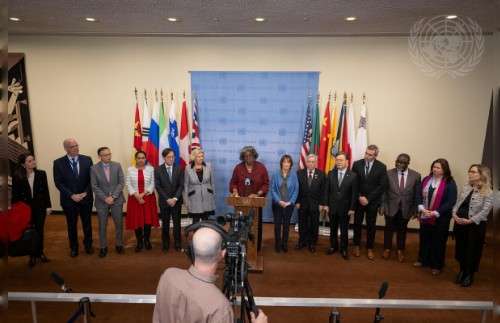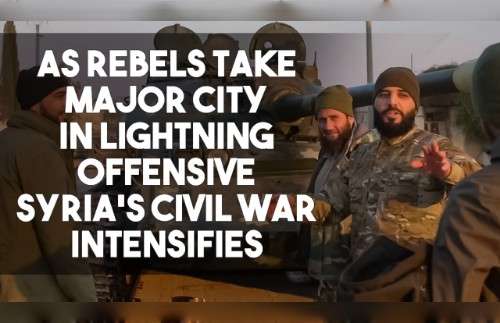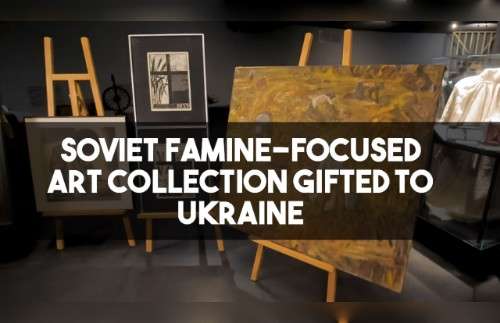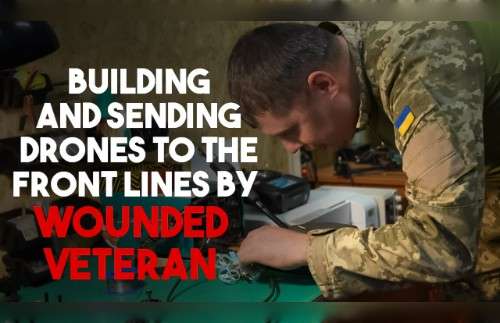
We don’t think that recent India Today’s sting operation serves any purpose. More questions than answers.Nothing new about it.Its very difficult to continue journalistic duties in this volatile polarized society. So called ‘Nationalists’ journalists often behave like propaganda tool for the ruling party’s government and ridiculing opposition leaders are part of their ‘journalistic duties’. On the other hand, so called liberal journalists don’t always follow ‘journalism ethics’~opposing for the sake of opposing and immediately trolled by ‘Trolling Army’ whom we called best job for the jobless.
In this polarized Indian society, how you can expect that journalists carry out their journalistic duties without any bias. Populist leaders and their cronies around the World don’t like free press and if they don’t like certain story, get ready for character assassination on social media.We don’t consider so called ‘Nationalist’ journalists as journalits at all.If you are proud to be a Nationalist forgetting about mission of journalism join the Army.They are working as mere propagandists of ruling party’s government and defame opposition politicians and fellow journalists whom they differ like state run medias in Russia,China,Eastern Europe,Central Asia,South East Asia~make a living by telling lie and defaming others.
Before every assignment,I feel the urge to follow the procedures mentioned by Radio &Television News Directors Association(RTNDA)such as:
What is the role of video in the story?Does it bring real value?
Is it necessary to use a hidden camera in this story?why?
Does the story involve 233insignificant Private matters (even if emotional)or are there matters of vital public concern,prevention of profound harm or system failure?
Is the rationale for the story simply to win a prize or beat the competition?
Do your motives involve getting the story quickly and cheaply,rationalizing that others have done it or that the story subjects themselves unethical?
Are hidden-cameras to be used primarily to create drama? Can a visible camera be used with the same impact?
Have you used all traditional means to investigate the story,including interviews and reviewing public records and documents?
What happens if the reporters cover is blown?
Can a reporter lie to maintain his cover?
What happens if the reporter sees a crime being committed?
Where will the camera be used in a public place?quasi Public? Private home?
Will the reporter enter private property without consent or owners to tape?
Though this guidelines are adopted by an American organisation keeping in mind the American perspective and legal system, but I think that Investigative Reporters of other countries who use hidden cameras-spy cams regularly should follow these guidelines.
Here,I want to quote few paras from an article appeared in southasia analysis.org written by a former Indian Administrative service officer B.Raman. He asked several unpleasant questions regarding the massive use of spy cams in sting operations in India.Serious Investigative journalism is replaced by sting operation.
* Was there a metal detector in any of the places visited by the journalists? If so, how was it they didn’t sound the alarm on detecting the batteries and the transmission cord?
* Was the activation mechanism automatic or manual? If manual, it must have been activated before the journalists entered the presence of those interviewed and the equipment must have video-recorded their conversations with others too such as the security guards, the personal assistants etc. Where are those recordings?
Was there an editing of the recordings? If so, to what extent and for what purpose? That there has probably been considerable editing is apparent to even a lay observer. Modern cameras automatically record the dates on which the shots were taken. The dates seem to have been edited. Why?
* Is there a concurrent written record of the various stages of the sting operation from which one could see how many times a person was interviewed and what subjects figured during each conversation?
* Has there been a morphing, interposing, substitution etc of the images/conversations and were these done manually or were they computer-generated?
Through computer-generation techniques one could create a make-believe picture of something, which is far from what actually happened.If the expert opinion confirms the authenticity of the recordings, stern action must be taken against those figuring in the recordings.I think that investigative reporters should work quietly relying on their own instincts,their overall knowledge and their own confidence.No one feel their presence.That’s the difference between a general reporter and an investigative reporter.
Here, I want to quote veteran journalist Vir Sangvi:
pThere is the classic ethical problem that haunts all sting operations: can you hold somebody responsible for a crime that he would not have committed if you had’t encouraged him? The essence of all entrapment is that you promise a man a reward for breaking the law and then, apprehend him when he takes the bait.
Journalists were undecided about the ethics of such operations, I suggested. We all accept that some level of entrapment is a part of all law enforcement. For instance, the police always send a dummy customer to a brothel and then arrest the prostitutes only when money has changed hands. The prostitutes could claim, in their defence, that no crime had taken place or even, that it would’t ever have taken place but for the blandishments of the police. On the other hand, the police could retort that the brothel was open for business anyway and only by dispatching a dummy customer could they establish that sexual favours could be purchased.
But while different police forces have different standards for entrapment operations – in India, they are relatively rare, while in the US, the FBI likes to use them – most journalists have always reckoned that it is not the business of journalism to encourage people to take bribes or to break the law, even if all this is sought to be justified as a part of a lofty moral objective.The line that Indian editors have always taken is: once you allow your journalists to encourage people to break the law, you leave your paper open to all kinds of undesirable consequences.
Journalists also have a second objection to sting operations. Most of us are simply not cut out for them. By far the most astonishing thing about Operation West End, at least from my perspective, was the ease with which Tehelka’s journalists wore wigs, pasted on false moustaches and affected strange accents. To be able to do all this requires skills that most of us simply do not possess.
Though,deception is a part of the investigative reporting,purists have some reservations about these methods.’We don’t have the authority of a crossing guard.No one elected us to do anything.yet each day we try to make decisions regarding hidden cameras…That is our job and our responsibility’.
President of UN Security Council Briefs Press on Women,Peace and Security Shared Commitments
As Rebels Take Major City in Lightning Offensive,Syria’s Civil War Intensifies
Soviet Famine-Focused Art Collection Gifted to Ukraine
Converting One of California’s Biggest Landfills into a Public Park
North Korea Bans 2 South Korean Dishes
Building and Sending Drones to the Front Lines by Wounded Veteran
Report Finds,More New Yorkers Struggling With Food Insecurity
Israel-Hezbollaha Cease-fire Offers Lebanese and Israelis Hope
From Our Popular You Tube Video Uploads
From Our Archive
We Do Believe that Digital Publication is the Best Way for Communication and Spreading Awareness













